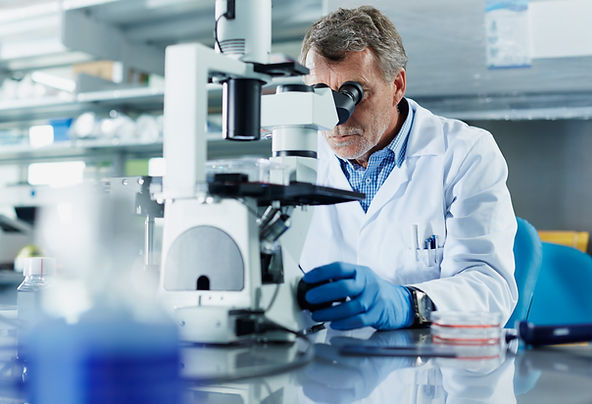
Prevention of Breast Cancer
Breast Cancer Early Detection

Cancer occurs as a result of abnormal changes in the genes responsible for regulating the growth of cells and keeping them healthy. Breast cancer is defined as a malignant tumor that has developed from cells in the breast or you can say it is an uncontrolled growth of breast cells.
You may know many women who have had breast cancer and if you are worried about breast cancer than you might be wondering if there are steps you can take to prevent breast cancer. There are some lifestyle changes you can make to lower your risk of breast cancer.
Early detection is key

The good news is that early detection and treatment of breast cancer can significantly improve outcomes. When cancer is diagnosed early, more treatment options are available and there is a better chance of survival. More than 90% of women diagnosed with breast cancer at the earliest stage remain well and disease-free after 5 years or more, compared to around 15% for women diagnosed at the most advanced stage.
Screen regularly even if you feel well
Currently, the most reliable screening tool for breast cancer is the mammogram. Mammography can detect tiny lumps of early cancer in the breasts before you or your doctor can feel them by hand. Experts recommend that women above the age of 50 go for mammograms regularly, even if they feel well.
What can you do to reduce the risk of breast cancer?
Lifestyle changes can lower the risk of breast cancer even in high-risk women. You can take the following steps to reduce the risk of breast cancer:
Limit Alcohol: Drinking more alcohol generates the risk of developing breast cancer. As per the research limit yourself to less than one drink per day as even small amounts increase risk.
Don’t smoke: In research, a link between smoking and breast cancer is found especially in premenopausal women. Don’t smoke at all.
Control the weight: Being overweight increases the risk of breast cancer, particularly after menopause.
Be physically active: If you are physically active, then it will help you maintain a healthy weight and prevents breast cancer.
Breastfeed: The longer you breastfeed, the greater the protective effect. Breastfeeding play a major role in preventing breast cancer.
Limit dose and duration of hormone therapy: The combination of hormone therapy for more than three to five years increases the risk of breast cancer. Try to manage your symptoms with non-hormonal therapies and medications.
Reduce exposure to radiation and environmental pollution: Medical-imaging methods such as CT-scan or X-ray uses high doses of radiation which increases the risk of breast cancer.
Can a healthy diet prevent breast cancer?
Having a healthy meal daily might decrease the risk of some types of cancer as well as diabetes, heart disease and stroke. Women who eat a Mediterranean diet meal supplemented with extra-virgin olive oil and mixed nuts might have a low risk of breast cancer. As the Mediterranean diet focuses mostly on plant-based foods, such as fruits and vegetables, whole grains, legumes, and nuts. Use healthy oil such as olive oil over butter and eat fish instead of red meat.
What is the link between birth control pills and breast cancer?
In a study, it is said that regular use of hormonal contraceptive pills increases the risk of breast cancer. However, the risk is considered very small, and it decreases after you stop using hormonal contraceptives. Discuss the contraceptive options with the health care provider based on the needs.
Be cautious about breast cancer detection and if you notice any changes in the breasts such as a lump or skin changes, consult the doctor immediately.
Treatments and Procedures
The Department of Obstetrics & Gynaecology has the capability and facilities to deal with a diverse range of cases and complexities in partnership with specialty services such as Foetal Medicine, Anaesthesia, Critical care, high risk, painless labour, Gynaecological surgeries for fibroid, prolapsed, endometriosis, ovarian cysts, Laparoscopic and hysteroscopic surgeries

